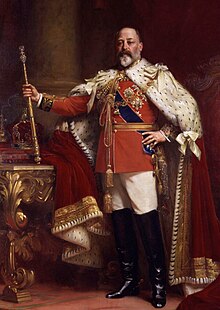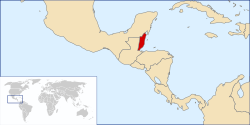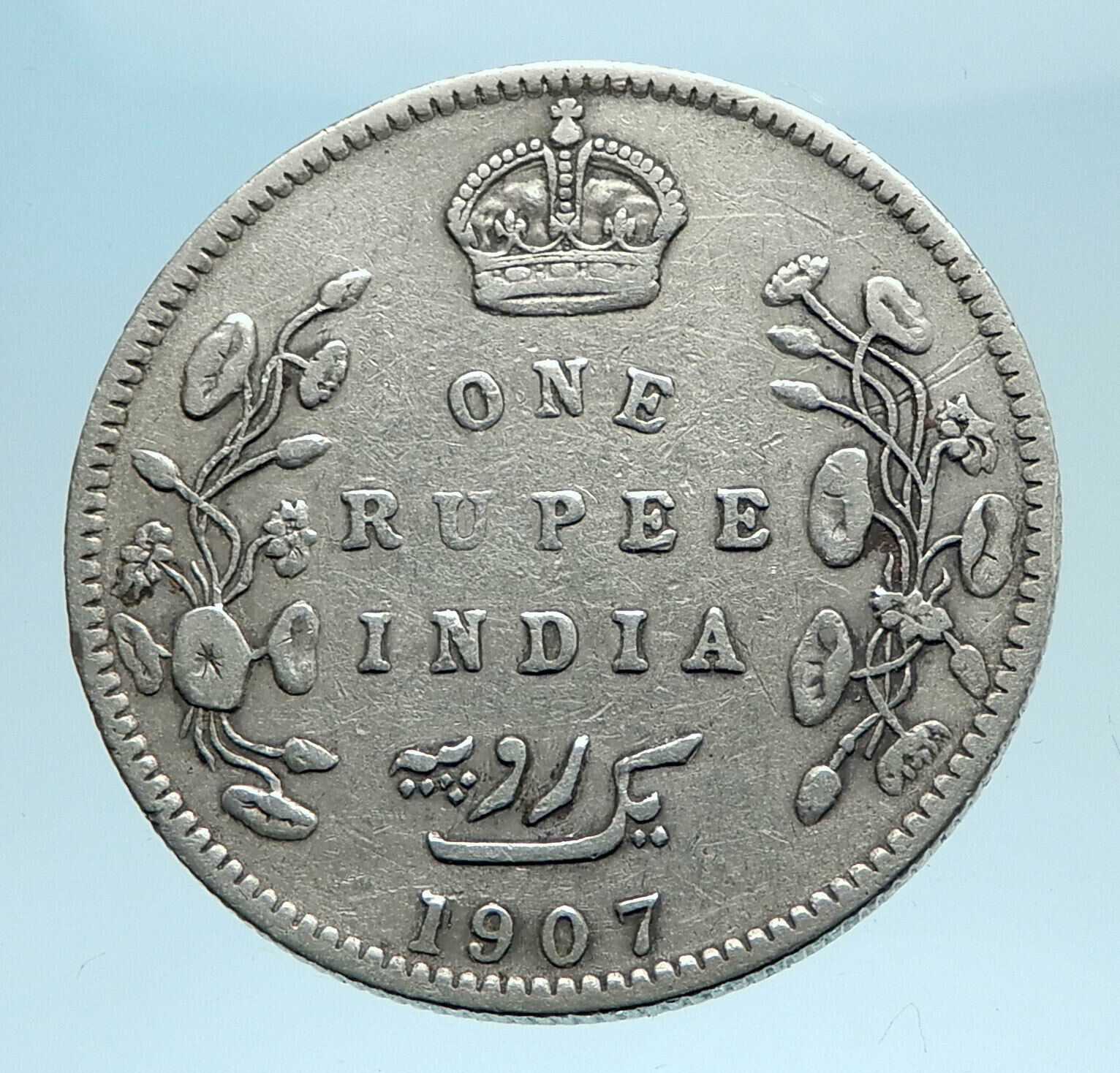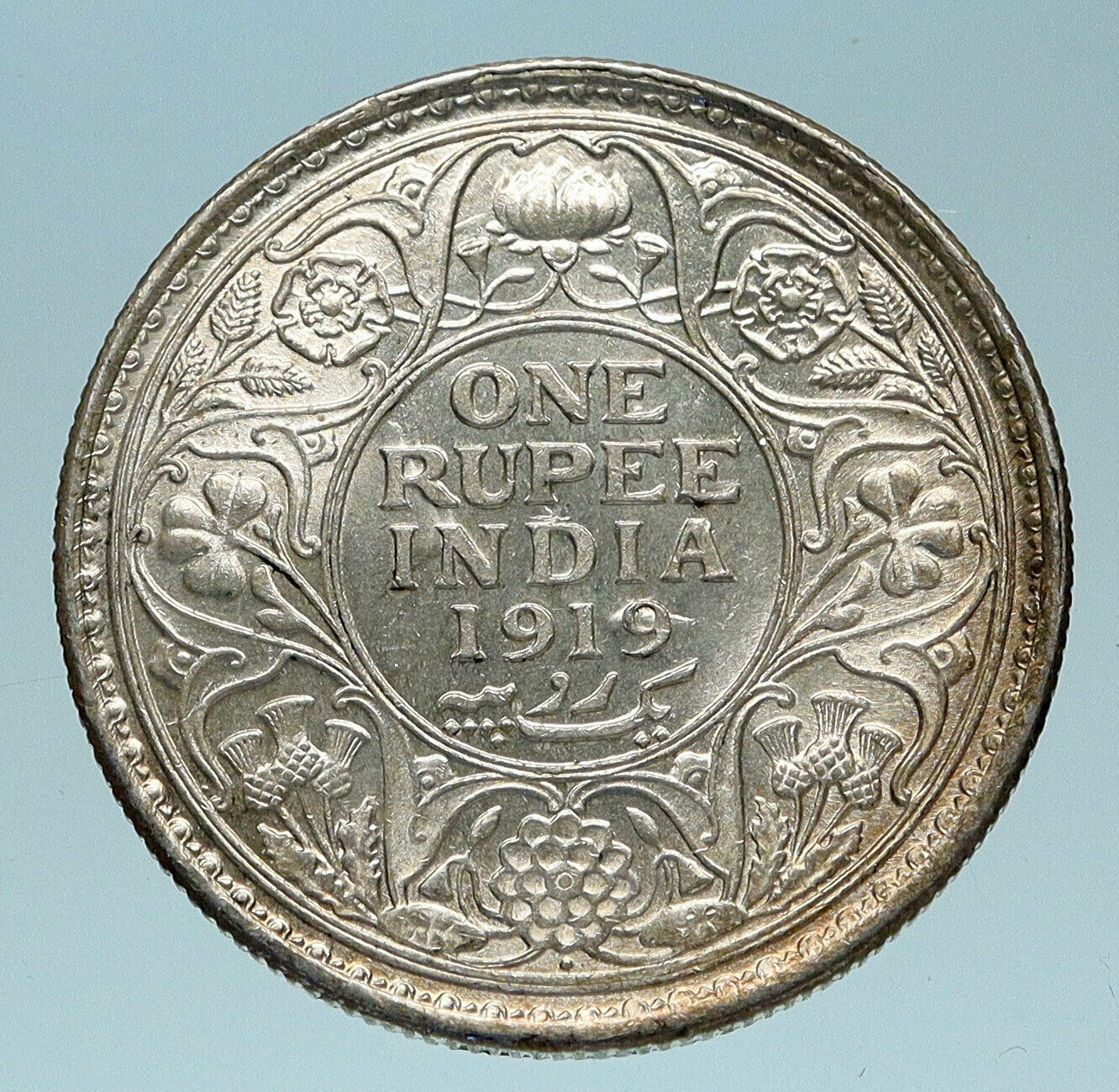|
British Honduras (Belize) under Edward VII – King: 22 January 1901 – 6 May 1910
1906 Silver 25 Cents 23mm (5.59 grams) 0.925 Silver (0.1728 oz. ASW)
Reference: KM# 12 (1906-07) | Engraver: George
William de Saulles
EDWARD VII KING & EMPEROR DES, Crowned bust of
Edward VII facing right.
BRITISH HONDURAS 25 CENTS·, Ribbon banner
around, inscription within and around.
You are bidding on the exact item pictured, provided with a Certificate f Authenticity and Lifetime Guarantee of Authenticity.
 Edward VII (Albert Edward; 9 November 1841 – 6 May 1910) was King of the United Kingdom and the British Dominions and Emperor of India from 22 January 1901 until his death in 1910. Edward VII (Albert Edward; 9 November 1841 – 6 May 1910) was King of the United Kingdom and the British Dominions and Emperor of India from 22 January 1901 until his death in 1910.
The eldest son of Queen Victoria and Prince Albert of Saxe-Coburg and Gotha, Edward was related to royalty throughout Europe. Before his accession to the throne, he served as heir apparent and held the title of Prince of Wales for longer than any of his predecessors. During the long reign of his mother, he was largely excluded from political power, and came to personify the fashionable, leisured elite. He travelled throughout Britain performing ceremonial public duties, and represented Britain on visits abroad. His tours of North America in 1860 and the Indian subcontinent in 1875 were popular successes, but despite public approval his reputation as a playboy prince soured his relationship with his mother.
As king, Edward played a role in the modernization of the British Home Fleet and the reorganization of the British Army after the Second Boer War. He re-instituted traditional ceremonies as public displays and broadened the range of people with whom royalty socialized. He fostered good relations between Britain and other European countries, especially France, for which he was popularly called “Peacemaker”, but his relationship with his nephew, Kaiser Wilhelm II, was poor. The Edwardian era, which covered Edward’s reign and was named after him, coincided with the start of a new century and heralded significant changes in technology and society, including steam turbine propulsion and the rise of socialism. He died in 1910 in the midst of a constitutional crisis that was resolved the following year by the Parliament Act 1911, which restricted the power of the unelected House of Lords.
.svg/125px-Flag_of_British_Honduras_(1919-1981).svg.png) British Honduras was a British Crown colony on the east coast of Central America, south of Mexico, from 1862 to 1964, then a self-governing colony, renamed Belize in June 1973, until September 1981, when it gained full independence as Belize. British Honduras was the last continental possession of the United Kingdom in the Americas. British Honduras was a British Crown colony on the east coast of Central America, south of Mexico, from 1862 to 1964, then a self-governing colony, renamed Belize in June 1973, until September 1981, when it gained full independence as Belize. British Honduras was the last continental possession of the United Kingdom in the Americas.


The colony grew out of the Treaty of Versailles (1783) between Britain and Spain, which gave the British rights to cut logwood between the Hondo and Belize rivers. The Convention of London (1786) expanded this concession to include the area between the Belize and Sibun rivers. In 1862, the Settlement of Belize in the Bay of Honduras was declared a British colony called British Honduras, and the Crown’s representative was elevated to a lieutenant governor, subordinate to the governor of Jamaica.
|





 Edward VII (Albert Edward; 9 November 1841 – 6 May 1910) was King of the United Kingdom and the British Dominions and Emperor of India from 22 January 1901 until his death in 1910.
Edward VII (Albert Edward; 9 November 1841 – 6 May 1910) was King of the United Kingdom and the British Dominions and Emperor of India from 22 January 1901 until his death in 1910..svg/125px-Flag_of_British_Honduras_(1919-1981).svg.png) British Honduras was a British Crown colony on the east coast of Central America, south of Mexico, from 1862 to 1964, then a self-governing colony, renamed Belize in June 1973, until September 1981, when it gained full independence as Belize. British Honduras was the last continental possession of the United Kingdom in the Americas.
British Honduras was a British Crown colony on the east coast of Central America, south of Mexico, from 1862 to 1964, then a self-governing colony, renamed Belize in June 1973, until September 1981, when it gained full independence as Belize. British Honduras was the last continental possession of the United Kingdom in the Americas. 






